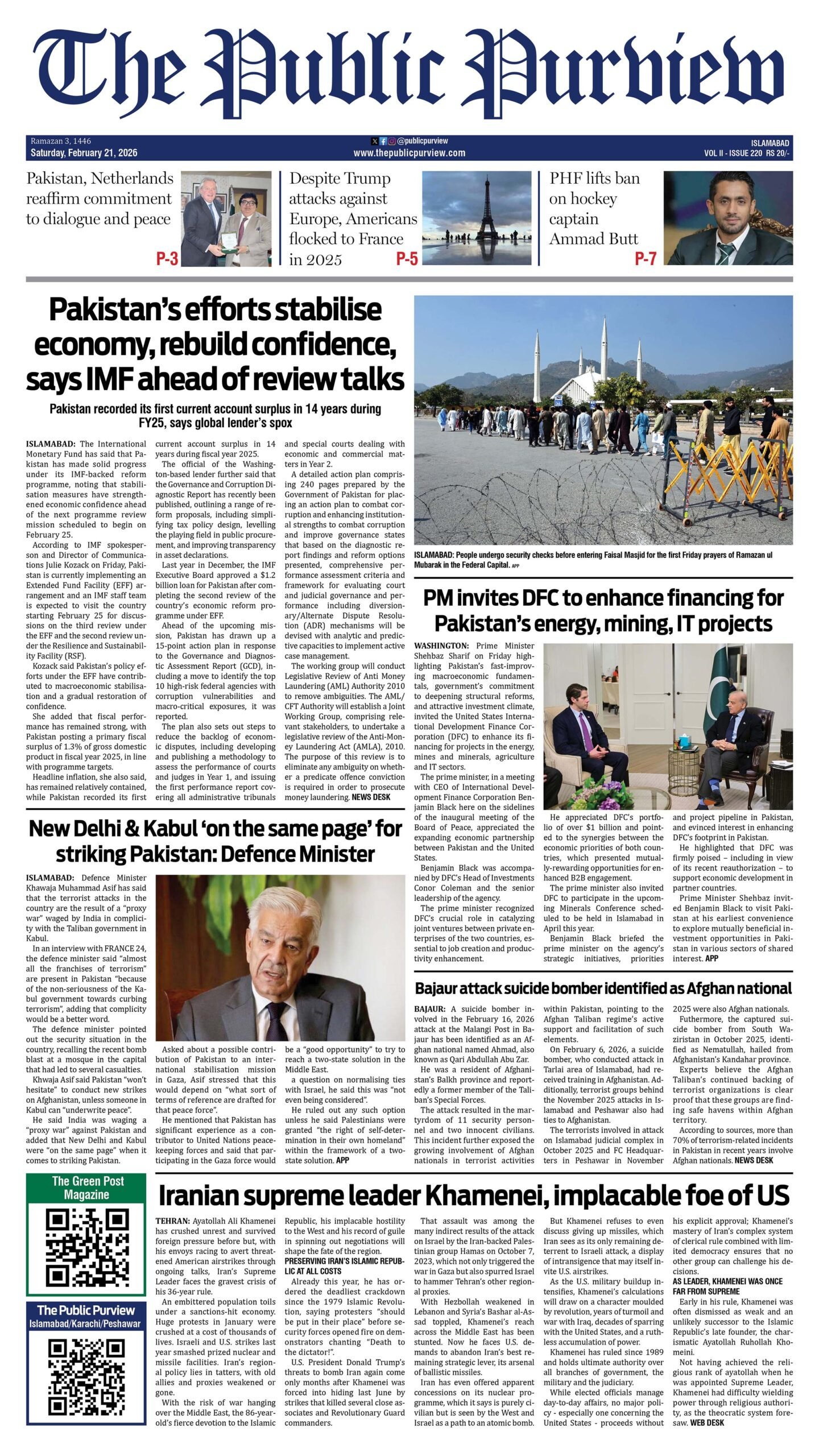BISHKEK: The Aga Khan Architecture Award honored seven innovative projects this evening at the Kyrgyz National Philharmonic Hall. These designs shield communities from climate risk, preserve cultural heritage, and create affordable housing—demonstrating how architecture can address some of humanity’s most pressing challenges.
Global Recognition at the Aga Khan Architecture Award Ceremony
His Highness the Aga Khan, accompanied by His Excellency Adylbek Kasymaliev, Chairman of the Cabinet of Ministers of the Kyrgyz Republic, presided over the prize-giving ceremony. The winning designs, which will share a prize of US $1 million, showcased architecture’s potential to solve real-world problems.
Among the selected projects were flood-resistant bamboo homes that can be relocated when rivers shift, a community-led restoration of urban heritage, and a center that transforms abandoned oil company ruins into vibrant public space.
Celebrating Transformative Architecture and Urban Design
Distinguished laureates joined national officials, architecture experts, members of the Award’s Steering Committee and Master Jury, and other dignitaries. The event marked the culmination of the Award’s 16th triennial cycle.
Throughout the week, Bishkek hosted a series of events that brought together architects, designers, policymakers, and community leaders. These gatherings celebrated the transformative potential of architecture and urban planning to improve lives and communities.
Vision Pakistan Wins Aga Khan Architecture Award Recognition
One of the winning projects, Vision Pakistan, placed the country at the forefront of global recognition for socially transformative and climate-conscious design. Located in Islamabad and designed by DB Studios, the multistorey facility features joyful facades inspired by Pakistani and Arab craft. It houses a charity that empowers disadvantaged youth through vocational training.
The Jury praised the building for its innovative approach to education. They noted its spatial richness, natural light, and economic efficiency. According to the panel, the project represents a new model for educational architecture in the region.
Legacy and Impact of the Aga Khan Architecture Award
Established in 1977 by His late Highness Prince Karim Aga Khan IV, the Aga Khan Architecture Award is unique among global architecture prizes. It not only honors design excellence but also recognizes projects that improve quality of life. The Award considers the contributions of municipalities, builders, clients, master artisans, and engineers alongside architects.
Since its inception, the Award has recognized more than 130 projects worldwide. It continues to influence architectural discourse in the Muslim world and beyond.
Architecture’s Role in Climate Resilience and Social Justice
During his address, His Highness the Aga Khan emphasized the importance of architecture in today’s volatile climate. “Architects have a great responsibility and opportunity to design buildings that buffer climate volatility and protect the most vulnerable,” he said.
He explained that flexibility in the face of the unexpected was central to the jury’s concerns this cycle. In addition to environmental justice, architecture can help solve issues of social justice. “Affordability of housing, access to green space, education, health, and cultural heritage all hinge on the creativity of architects and the wisdom of civic planners,” he noted.
Buildings, he added, have the power to raise living standards, inspire reverence, and solve problems for generations. “Great architecture,” he said, “can answer development challenges and create the inclusive, safe, dignified world we want for everyone.”
Commemorating the Aga Khan Architecture Award with a Stamp
Earlier in the day, His Highness attended a special stamp cancellation ceremony. The Kyrgyz postal service issued a commemorative postage stamp to mark this year’s Award ceremony in Bishkek.







 Today's E-Paper
Today's E-Paper